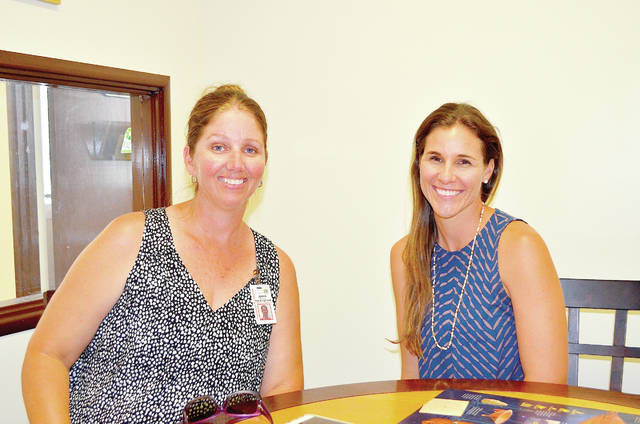LIHUE — The days of pizza and ice cream parties in Hawaii’s public schools are coming to an end.
The state’s Department of Education is rolling out new guidelines for the upcoming school year with the intent of improving the health and wellness of students.
“There are some considerable changes from the guidelines before,” said Michelle Jenkins, physical education and health resource teacher, who is on the Kauai Obesity Prevention Task Force.
One change will be unpopular, said Danielle Doo, task force chair and a registered nurse who works with the DOE.
“A big one for parents, and it’s going to cause some controversy, are the class parties or birthday parties,” Doo said. “Even though that’s not something the staff is bringing from home and giving the students, if the staff is allowing the distribution of that type of stuff then it’s not meeting the guidelines and can’t be in the classroom.”
The new guidelines will go into effect June 30. Doo said Kauai is leading the way for these guidelines due to a reinforced push for healthier children to prevent obesity and diabetes.
“There’s a real emphasis on the strong connection between the nutrition, wellness and academic achievement,” Doo said. “We need healthy kids, and we need to teach them healthy behaviors.”
Another guideline that will go into effect this summer won’t allow teachers and schools to prevent students from going to recess as a punishment.
“For a lot of students who are having a hard time with sitting still or concentrating in class, they need that energy release,” Jenkins said. “They need that physical activity so that they can come back and be centered and focused.”
Taking away recess has been an effective way for teachers to motivate students, said Jenkins and Doo.
“At the school level, some of the principals are apprehensive about implementing that and telling the teachers this is an absolute thing because a lot of the time for teachers, this is their only option,” Doo said.
But Jenkins said that it’s a necessary change to benefit a student’s health and wellness.
“I remember in the past when I didn’t finish my homework, I had to stay in for recess to finish it,” she said. “It is a change and teachers are going to have to find new ways to get students motivated and find a way to finish their homework.”
Also a change from the norm, food will not be used as a reward for satisfactory work at schools.
“Even as employers and employees, we use food to bring in people, right? That’s the motivator,” Jenkins said. “But we’re trying to shift that culture to use things other than food.”
The most difficult part about implementing these guidelines will be enforcing them, since there won’t be an actual person making sure the guidelines are followed.
Jenkins hopes the guidelines will be enough for educators and parents to think differently about the health of the children.
“Hopefully by informing the parents too, these guidelines will help them make healthier choices as well. We don’t know, nutrition wise, what these kids get at home. At school, we should be the role models and provide the healthier choices as much as possible,” Jenkins said.
Other guidelines include mandatory physical activity after 60 minutes in class, which can be anything from standing up and stretching to moving around for a couple minutes before refocusing on the lesson.





